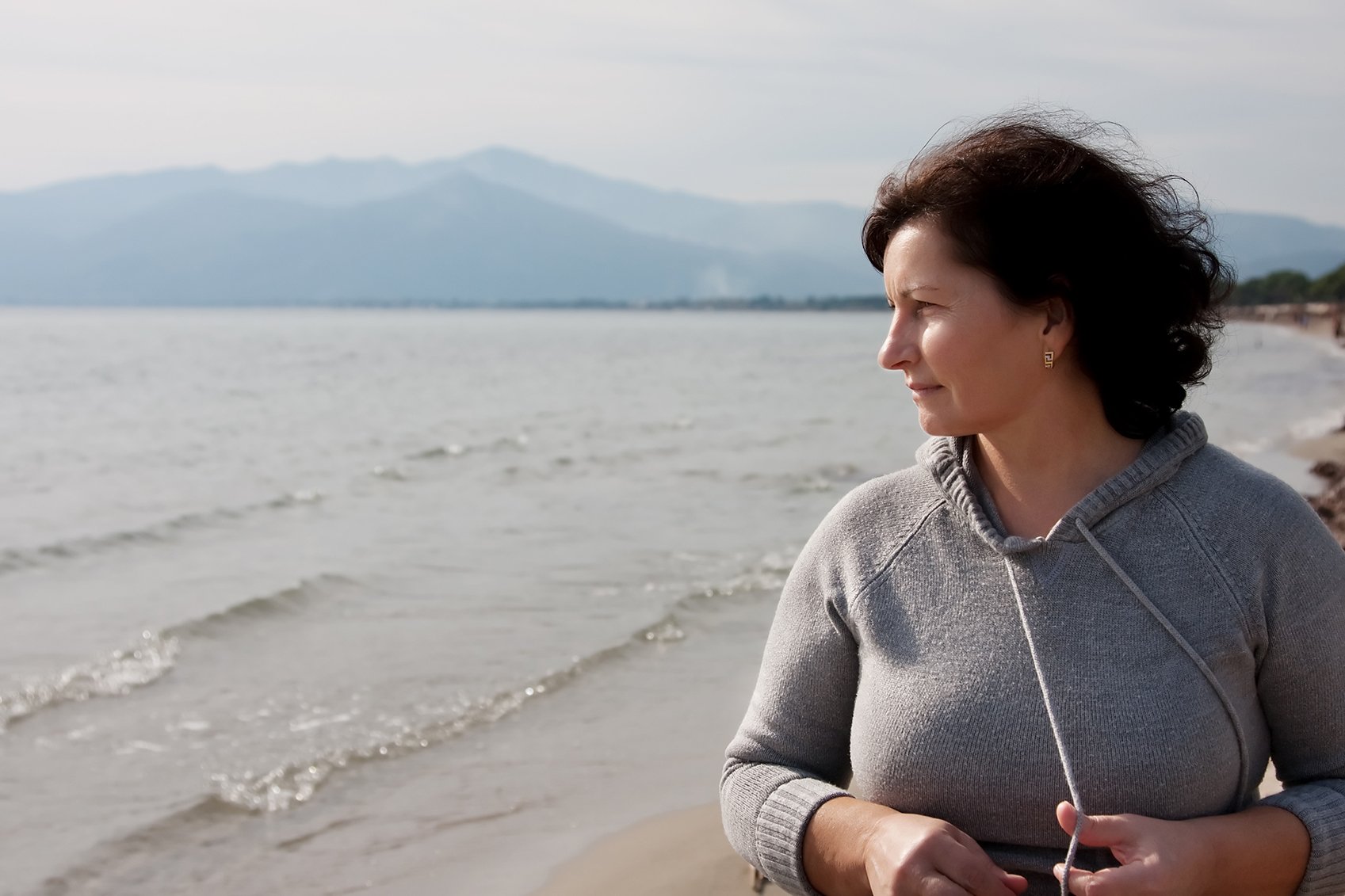
Treatment of the Cancer Patient Using Traditional Chinese Medicine (TCM)
Chinese medicine addresses all aspects of the human being: physical, emotional and spiritual, which are all considered to be affected by the disease process and thus are included in the treatment.
This all-inclusive approach leads to more comprehensive healing and a sense of well-being. It also encourages you, the patient, to be active in the healing process.
From a western, biomedical point of view, acupuncture influences a number of physiological functions such as the release of endorphins. Endorphins are the body’s natural pain-killing chemicals. Acupuncture can also help with the restoration of proper circulation in diseased areas, stimulate hormonal glands and improve immune system function.
During an acupuncture session, some patients feel a slight Qi1 sensation when the needle is inserted: most feel nothing at all. These Qi sensations range from warmth or tingling, to a brief ache or heaviness in the area being needled. Qi sensations are generally fleeting and only felt on one or two of the acupuncture points. Many patients find acupuncture so relaxing that they fall asleep during treatment due to the endorphins released during therapy.
Research into the effects of acupuncture is still young in this country. However, studies have been ongoing in China for many years. A clinical study conducted by Columbia University concluded that 80% of women who had breast cancer and were receiving acupuncture for joint pain and stiffness resulting from aromatase inhibitor treatments reported a minimum of a 2-point improvement on a 10-point pain scale.2 Most studies conclude that for many patients, treatment with acupuncture either relieves symptoms or keeps them from getting worse.
Cancer-related symptoms treatable by acupuncture are:
- Weight Loss
- Cough and chest pain
- Dry mouth, metallic taste, and speech problems
- Fever
- Anxiety and depression
- Nausea
- Fluid accumulation in the arms or legs
- Neuropathies resulting from chemotherapy
- Night sweats and hot flashes
- Immune system improvement & joint pain alleviation.3
One of the reasons that acupuncture has been so well embraced in the West might have to do with its low rate of side effects. In what’s considered a landmark, the NIH (National Institutes of Health) reported in their Acupuncture. NIH Consensus Statement (1997), “One of the advantages of acupuncture is that the incidence of adverse effects is substantially lower than that of many drugs or other accepted medical procedures used for the same conditions.”4
It is important to seek treatment from a qualified and licensed acupuncture practitioner who is specially trained to treat the cancer patient with special needs. The treatment protocol is quite different than the method used to treat an Olympic athlete who has no underlying conditions and whose immune system has not been compromised.
The Protocol
During a round of chemo or radiation therapy, an effective protocol is a treatment the day before chemo or radiation therapy and a treatment 1 or 2 days after to strengthen the immune system and relieve the symptoms of the chemo and radiation.5 If the patient is not feeling well, he or she should stay the course and come in for their acupuncture appointment. We can help the patient feel better!
After a patient is given a clean bill of health by their oncologist, it’s important to continue treatment for maintenance and preventative care. These maintenance visits can be monthly or quarterly, or semi-annually, depending on the patient’s goals.


